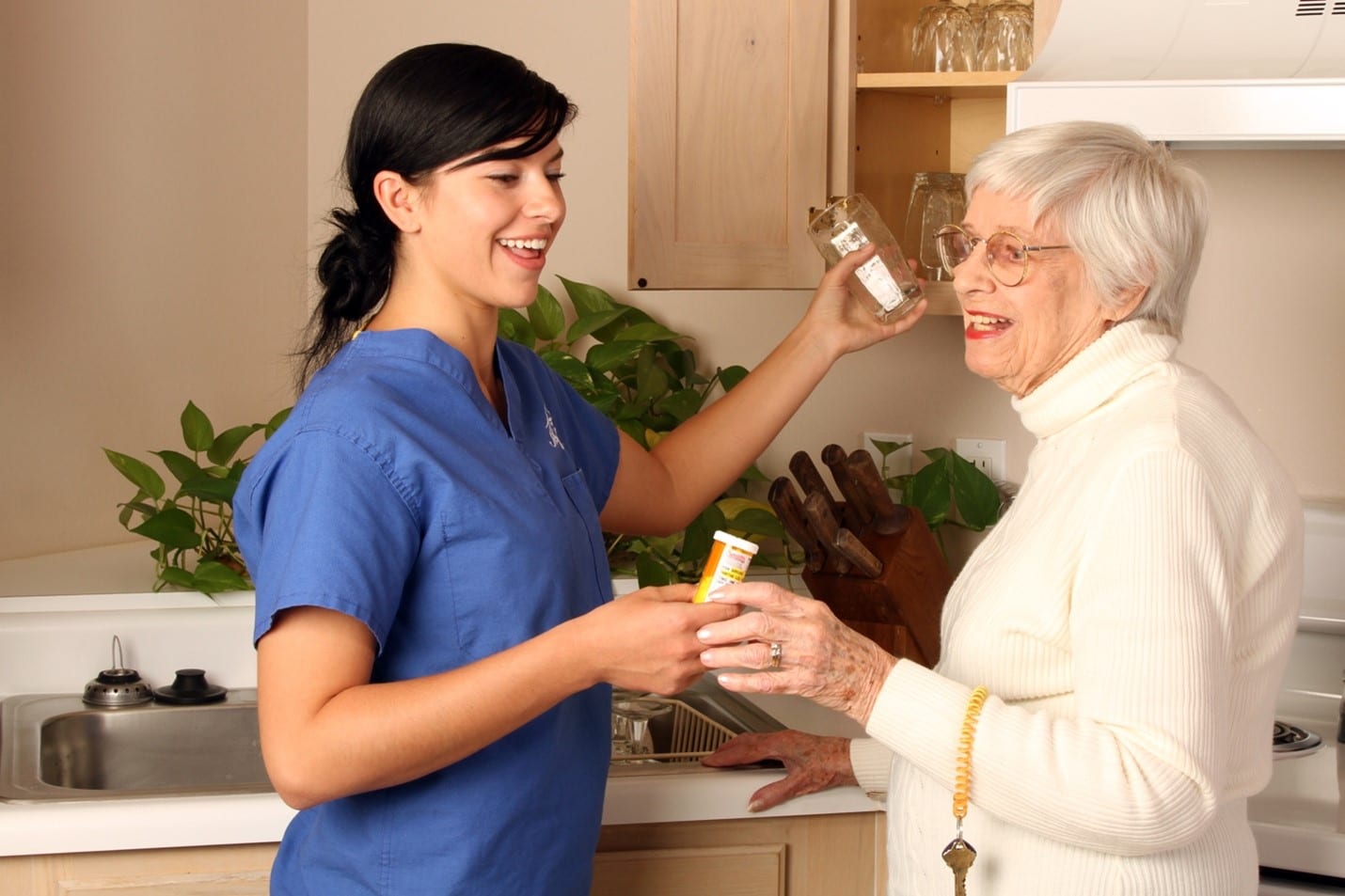In the world of Home Health care, you may hear a practitioner or caregiver refer to a patient having a “skill.” A “skill” is a medical need that necessitates a medical professional’s help. Usually, when a person demonstrates one of these “skills,” along with being homebound, it means there is a pretty good chance Home Health care is needed.
It may be challenging to know what “skills” will qualify one for home health care, so we’ve compiled a list of what caregivers can look for to know if home health care is suitable for the people under their care. Here are 5 of the most common “skills” we see in referrals:
- It is challenging to do things you could do before (cooking, cleaning, bathing, etc.).
One of the most significant needs in Home Health care is receiving assistance in these tasks. If these tasks become difficult for you or a loved one, it may be time to think about Home Health care. At Aspire, we have occupational therapists and licensed caregivers who help our patients get to the point where they can get their independence back and perform these tasks more easily. By knowing our patients’ goals, we structure our care around helping them achieve their own goals.

- Frequent hospital visits
Home health’s purpose is to keep our patients out of the hospital and safe in their own homes. Especially if mobility is limited, frequent hospital visits could indicate recurring infections or injuries. It could also show that Home Health care would be beneficial. In a situation like this, a home health specialist could come in to make those hospital visits less frequent by providing help at home.
- Falls and difficulty walking
One of the most common symptoms we see in those who qualify for Home Health is difficulty walking, which leads to an increase in falls. Falls like these are dangerous for older patients as their bodies are not as strong as they used to be. As falls become more frequent, injuries will have less time to heal and may become more severe. Fall prevention is an area in which home health can assist. We offer strength building, home safety assessments, and trained staff who are experts in fall prevention – we never leave the home if it is unsafe for the patient. If you notice yourself or a loved one falling more often, Home Health care may be beneficial.
- Increased frequency of wounds and bruises
If you notice that your loved one is getting bruised or hurt at home more often, that could show that they’re having a hard time moving around their house safely. It could indicate that their skin is weakening and has a hard time repairing itself. Frequent wounds and bruising are situations in which our trained staff could perform a home safety assessment. We can also bring trained nursing staff to ensure their wounds heal properly. Our patients’ safety is our top priority, and we always want to do everything we can to ensure our patients are safe in their homes.
- Lack of energy and change in motivation
Changes in energy and motivation happen to everyone, but they can indicate that home health could be beneficial. Especially in seniors, these changes can be long-term, and they may need extra help. Aspire has expert occupational and physical therapists who have a fantastic track record in motivational assistance and helping their patients feel energized and motivated. Helping our patients feel motivated is paramount in assisting them to gain their independence and achieve their goals.
 As I mentioned above, it can be challenging to know whether home health care would benefit your loved one. But, if you notice they are exhibiting one or more of these skills, that could indicate that they would benefit from home health care. If you have questions or want to know more, please give us a call. Aspire is always here to help!
As I mentioned above, it can be challenging to know whether home health care would benefit your loved one. But, if you notice they are exhibiting one or more of these skills, that could indicate that they would benefit from home health care. If you have questions or want to know more, please give us a call. Aspire is always here to help!


